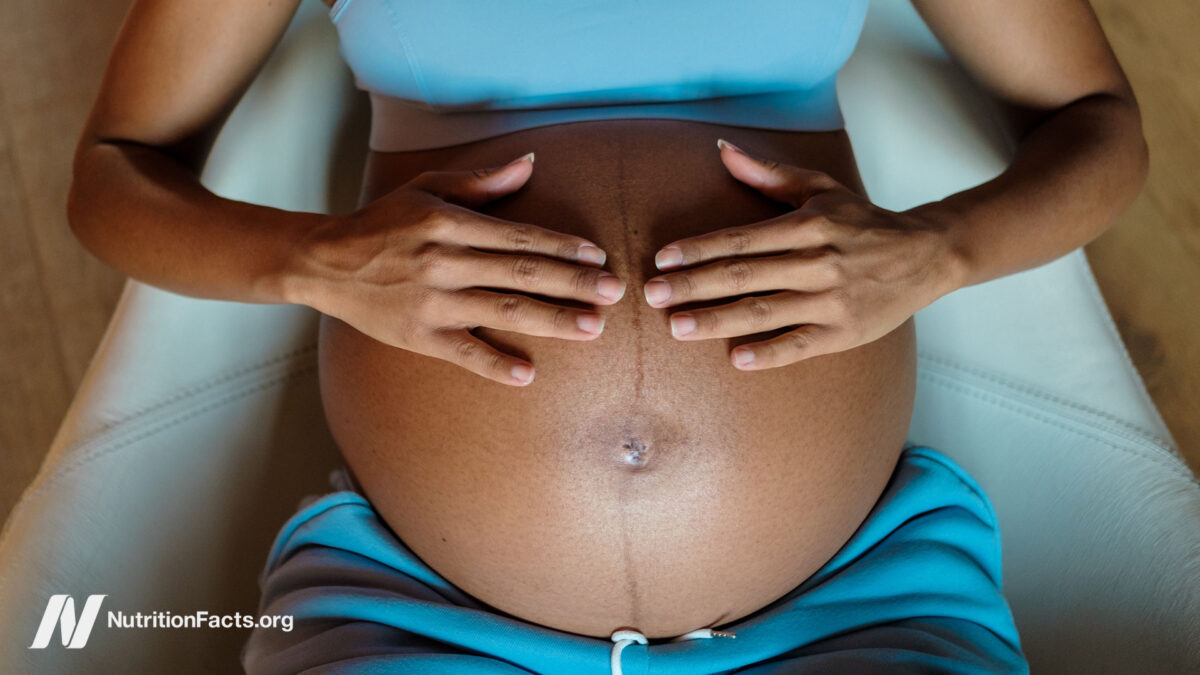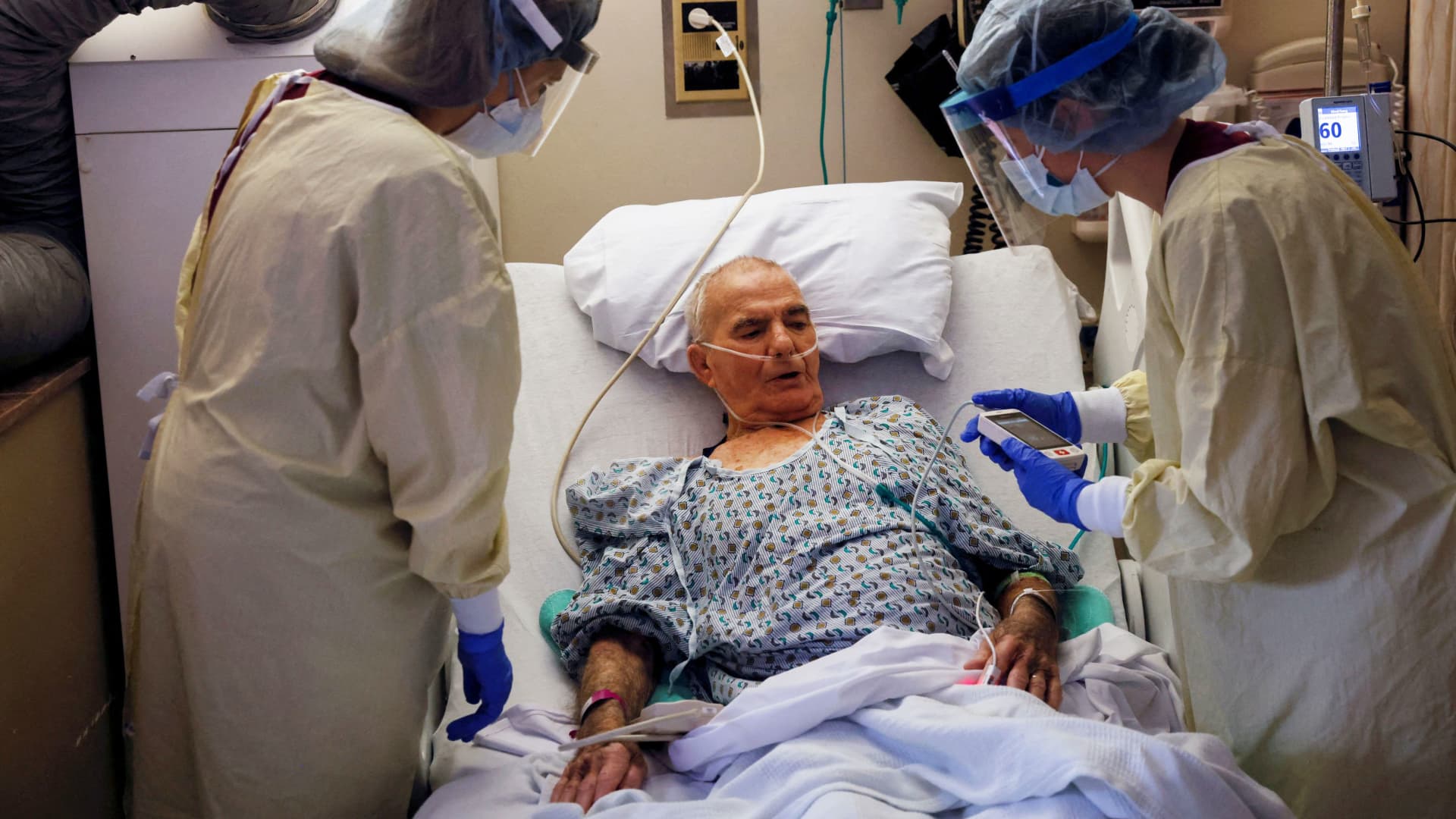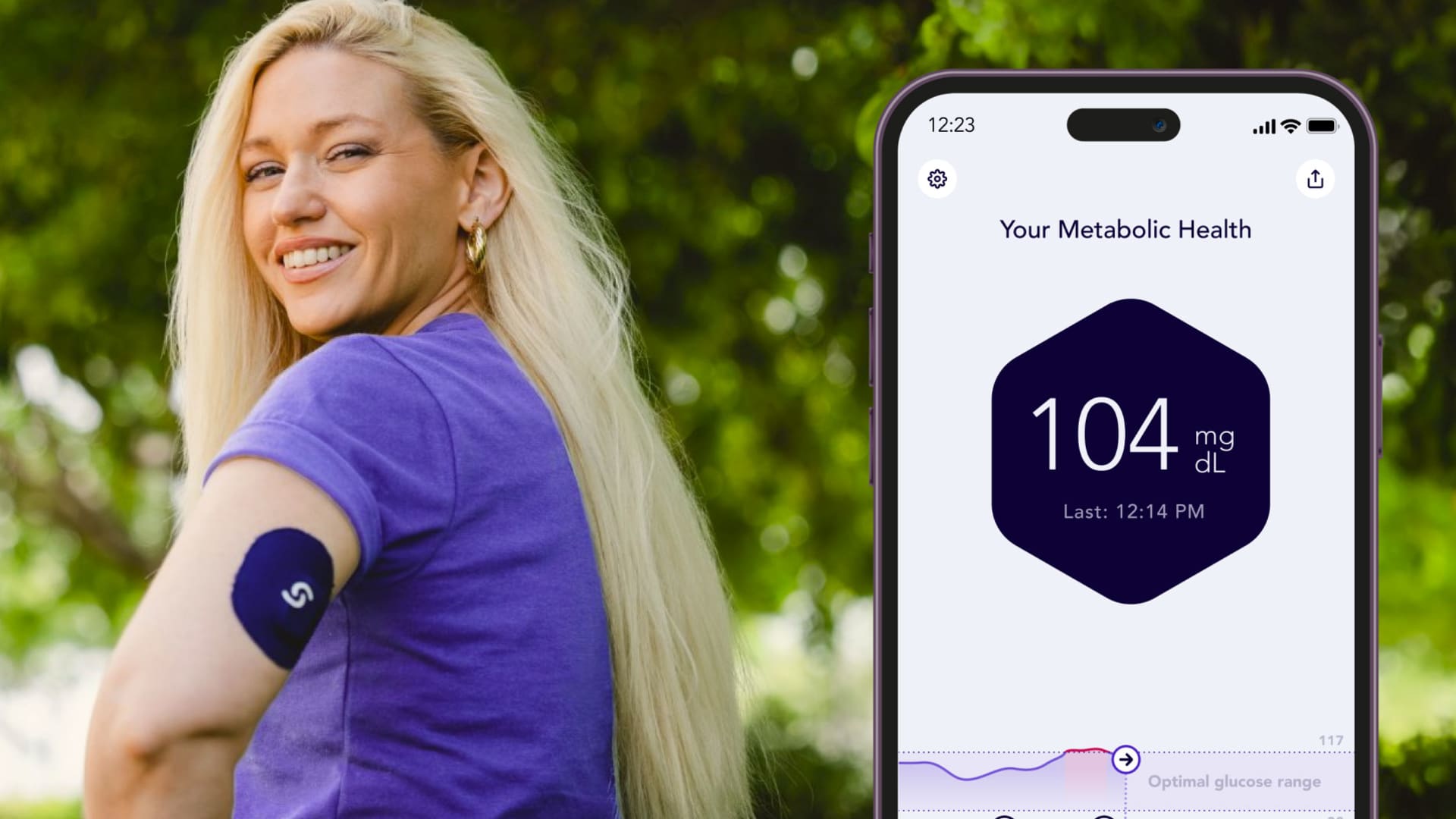WHO says weekly Covid deaths have dropped to lowest level since March 2020
While Covid deaths are dropping, testing has also fallen, a trend that worries World Health Organization officials.

A woman and child look at the "Naming the Lost Memorials," as the U.S. deaths from the coronavirus disease (COVID-19) are expected to surpass 600,000, at The Green-Wood Cemetery in Brooklyn, New York, U.S., June 10, 2021.
Brendan McDermid | Reuters
The World Health Organization on Tuesday said weekly new Covid deaths have fallen to the lowest level since March 2020, but warned a global decline in testing for the virus could hinder its efforts to fight the pandemic.
The world recorded 15,668 new deaths in the last seven days, with Europe and the Americas representing a bulk of that number, according to WHO data. The figure dropped from more than 18,000 new deaths reported during the week that ended on April 17, the WHO's latest epidemiological report said.
Both new deaths and cases recorded worldwide have declined since late March, the report said.
The decline in deaths is good news that "we must welcome with some caution," WHO Director-General Tedros Adhanom Ghebreyesus told reporters at a press briefing. He warned that several countries have reduced Covid testing, which limits the WHO's ability to track the virus' effects and patterns of transmission and evolution.
"This virus won't go away just because countries stopped looking for it. It's still spreading, it's still changing, and it's still killing," Tedros said. "Although deaths are declining, we still don't understand the long-term consequences of infection in those who survive. When it comes to a deadly virus, ignorance is not bliss."
He said the WHO calls on all countries to maintain Covid surveillance systems, which include testing and genome sequencing.
Covid testing rates worldwide have plummeted by 70% to 90% in the last four months, said Dr. Bill Rodriguez, CEO of global diagnostics nonprofit FIND.
Rodriguez, who was a guest expert at the briefing, said the decline in testing undermines the world's ability to treat Covid with new therapeutics.
Pfizer's Paxlovid, for instance, is an oral antiviral treatment that requires "prompt and accurate testing" before administration, which is recommended within five days of when symptoms start, according to Tedros. He said testing is one of several challenges that limit the effect of the treatment that is otherwise easy to administer and can prevent hospitalizations.
Maria Van Kerkhove, WHO's technical lead on Covid-19, also said the global decline in testing gives her "little confidence in the number of cases being reported around the world."
"The sheer fact that we have had massive changes in testing strategies and huge reductions in the numbers of tests being used around the world, we have very little confidence in what we are actually seeing," Van Kerkhove said.
The world reported over 4 million new cases in the last seven days, according to WHO data. That number is down from the more than 5 million new cases reported worldwide during the week that ended on April 17, the WHO's latest epidemiological report said.
Van Kerkhove said the lack of testing limits the world's ability to monitor newer variants of concern, particularly sublineages of the omicron variant.
The more contagious omicron BA.2 subvariant is now the dominant strain worldwide and has fueled new Covid surges in Europe and China, which is battling its worst outbreak since 2020.
BA.2 is also rapidly spreading across the U.S., representing 68.1% of all cases circulating in the country during the week that ended on April 23, according to data from the Centers for Disease Control and Prevention. Another subvariant, BA.2.12.1, is gaining traction in the U.S. as well, making up 28.7% of new cases, CDC data said.
"The uncertainty that we have about the next variant will remain a significant cause of concern for us because we need to plan for many different types of scenarios," Van Kerkhove said.
— CNBC's Spencer Kimball contributed to this report

 Hollif
Hollif 
































